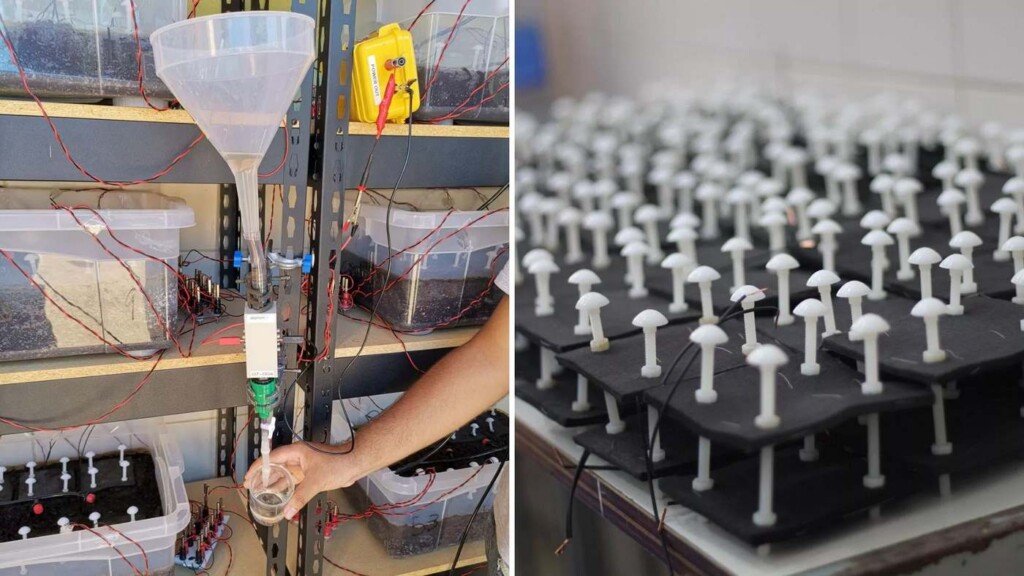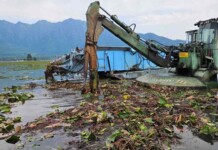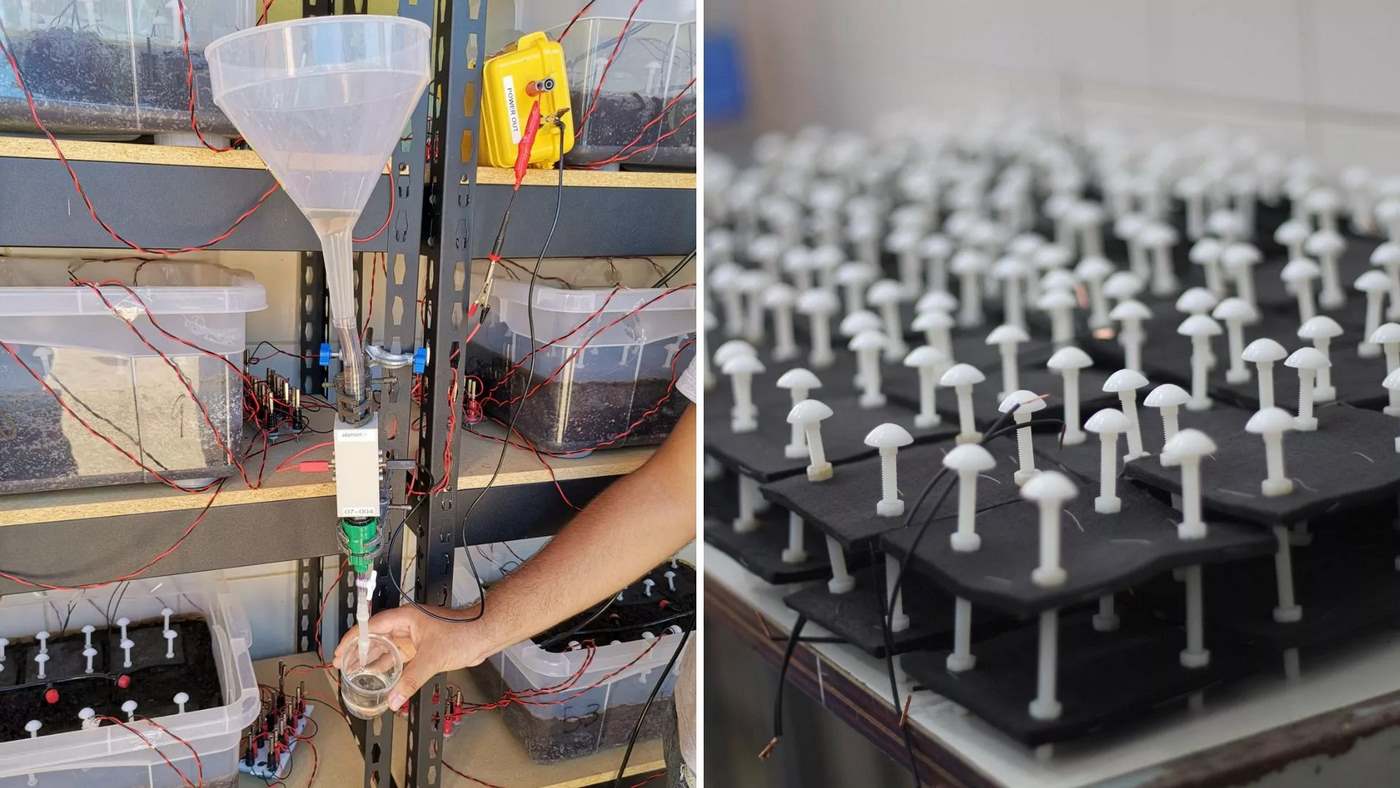
A UK ag-tech firm is pioneering bacterial batteries that they hope will allow farmers in the future to collect precise data about soil conditions with computing equipment powered by the soil itself.
Designed to be installed and forgotten about, the batteries absorb power through bioelectrochemical processes that occur within soil microbes. Collecting these electrons via a cheap array of electrodes, the idea is that the resulting power can be used to run sensors and computers that help farmers monitor moisture content and other key markers to maximize yield.
The firm is called Bactery, and their bacteria-powered batteries build on ‘soil microbial fuel cells’ (SMFCs) that were developed in 2019 to power a water filtration system in Brazil.
Dr. Jakub Dziegielowski was part of the research team that developed SMFCs, and over the last 5 years of research and development, he and his colleagues have improved the design, allowing it to actually “stimulate” bacterial processes and maximize energy collection.
“[W]e’ve learned a whole lot more about the different bioelectrochemical processes, and grasped a better understanding of the roles both bacteria and the soil play in this complex equation,” Dr. Dziegielowski tells Euronews Green.
UNIQUE WAYS TO POWER THE WORLD: French Town to Light its Streets With Bacteria Luminescence That Needs No Electricity
Existing apparatus for collecting soil data has drawbacks for farmers looking to leverage technology on their farms. Sensors and internet-connected devices require power, which means either a battery system that has to be recharged and replaced, a generator that consumes fuel, or the installation of solar panels which may not be viable for certain farms at certain times of the year.
Bactery’s soil-powered batteries cost just $29.00 and come without maintenance requirements.
USING WHAT’S IN THE GROUND: Scientists Are Recycling Wastewater to Reclaim Valuable Phosphorous to Put Back in Soil
“Farmers are increasingly valuing the importance of data to make informed decisions towards resource-efficient agricultural practises,” Professor Mirella Di Lorenzo, one of Bactery’s directors, told Euronews. “We are removing the barrier to generating that data by creating a sustainable way to power sensors, and making them always-on, cheap, low-maintenance and low-impact.”
SHARE This Innovative Idea For Power Generation—Using The Very Soil…




















